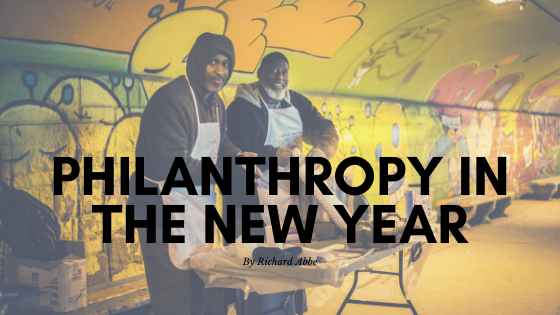New Year’s Eve is a time of determination: people make scores of promises to themselves that range from eating healthier to advancing in a career, from exercising more often to making more friends. Often, sadly, those resolutions are neglected by the time the second month of the year rolls around. The nine most common resolutions for the new year have something problematic in common: they are all directed inward. While self-growth is laudable, the fact that these resolutions keep failing suggests they lack a vital component.
Resolving to Help
To make the new year better than the one before, perhaps a resolution should be less focused on the self. Enhancing the life of others is a great goal that pays dividends to the giver as well. People find fulfillment in helping out. There are mental and physical rewards for being selfless.
Science Behind Selflessness
Altruism has been the subject of many studies, particularly in how it impacts temperament. The results have a steadily uniform trend, revealing that giving makes people happier. One study asked participants to focus on spending money on others or, for the control group, on themselves. The former group reported more happiness as well as making more generous decisions when faced with a decision-making task. Regular almsgiving has been shown to reduce depression, enhance emotional regulation, and assist with the navigation of stressful situations.
Physical well-being has been shown to benefit from generosity as well. Chronic pain patients were asked to become volunteers for their peers. Those participating reported eased depression and pain for a number of months beyond training. Researchers found repeated themes of making connections and finding senses of purpose in the questionnaires. Selfless volunteering has even been shown to have a lengthening effect on the lifespan.
Altruistic Highs
Goodwill is not, of course, a magic elixir. Lucrative results aside, researchers can not be absolutely certain that altruism is the element directly responsible for bonuses in reduced stress, lowered blood pressure, and increased happiness. Perhaps those participants donating money and time are more likely to live with health-affirming habits. Alternatively, altruism may cause a placebo effect making people feel better. There remains evidence, however, that the high of altruism stems from generosity causing a physiological response.

